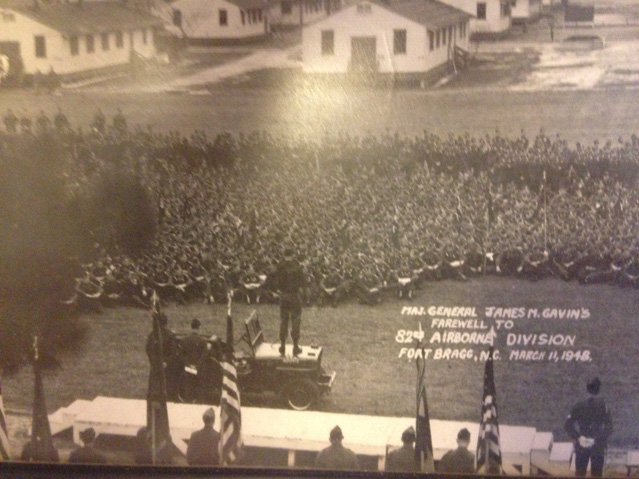As a leader you may have thousands of serious professionals under the banner of your corporation, government, military organization, your nation. There are people out there who are willing to work hand over fist, sacrifice their well being to make make things happen, to bring about success. They expect leadership, if not, at least, the image of a strong leader.
Whether it’s a conference call, a media presentation, a key note speech, an address, many leaders would benefit by striving to eliminate amateur mistakes.
The following information comes from Tony Jeary’s book on powerful presentations, “Inspire Any Audience”. I am often amazed at how many times I have heard prominent leaders make these basic errors in their presentations.

Admiral John Byng (circa 1750). By all general accounts, a competent sea admiral, however, his inability to present his case cost him his life.
.
Five Sure Ways to Kill Your Opening
There are plenty of good ways to open your presentation effectively. And there are five sure ways to ruin your opening. Whatever else you do in your first three minutes, remember the following:
1. Never start late. This sends the signal that everything you say is subject to change. Pick a starting time and stick with it.
2. Never start with an apology. Don’t apologize for anything. If it’s a big mistake, your audience will see it and, believe me, they’ll know you’re sorry. If it’s a small mistake, they won’t notice it unless you bring it to their attention by apologizing. And never start a story or comical anecdote with an apologetic disclaimer like, “I’m not much of a comedian, but here goes …” Doing so sets you up for failure. Always think positively.
3. Never start with an unrelated or inappropriate anecdote. A presentation has to be about something. If your stories or anecdotes are unrelated to the topic, they will confuse your audience. Never use a racy anecdote in front of an audience. The dividends from a good anecdote and a laugh are great but never great enough to risk alienating even a few of your audience members with an offensive remark.
4. Never start slowly. Open with a bang and move. Always stay a step ahead of the audience. This doesn’t mean talk fast; it means don’t dawdle when telling stories or making points. Avoid opening with boring material such as administrative matters. Save that sort of thing for the middle section of your speech and even then, keep it brief.
5. Never start with equipment failure.
No matter how well you’ve prepared, if your microphone fails, your VCR monitor isn’t ready, or the light bulb on your overheard projector is burned out, you’ll look ill-prepared. If something breaks while you are using it, never stop to repair it. Acknowledge the problem then move on. Audiences understand that accidents happen, what they don’t understandis having to wait for you to fix something. It’s better to skip something than make your audience wait for a troubleshooter to come in and fix a broken piece of equipment!
.
If you’ve received some value from this article, please like, share and comment!

I do not believe anyone would ever accuse General Gavin of being a bad speaker. Major General James M. Gavin, farewell to the 82nd Airborne Division, Fort Bragg, North Carolina. March 11, 1948. Detail of a panorama photograph. Courtesy of the Dale Yee estate.
If you’ve received some value from this article, please like, share and comment!
I’ll see you… on the next page.

